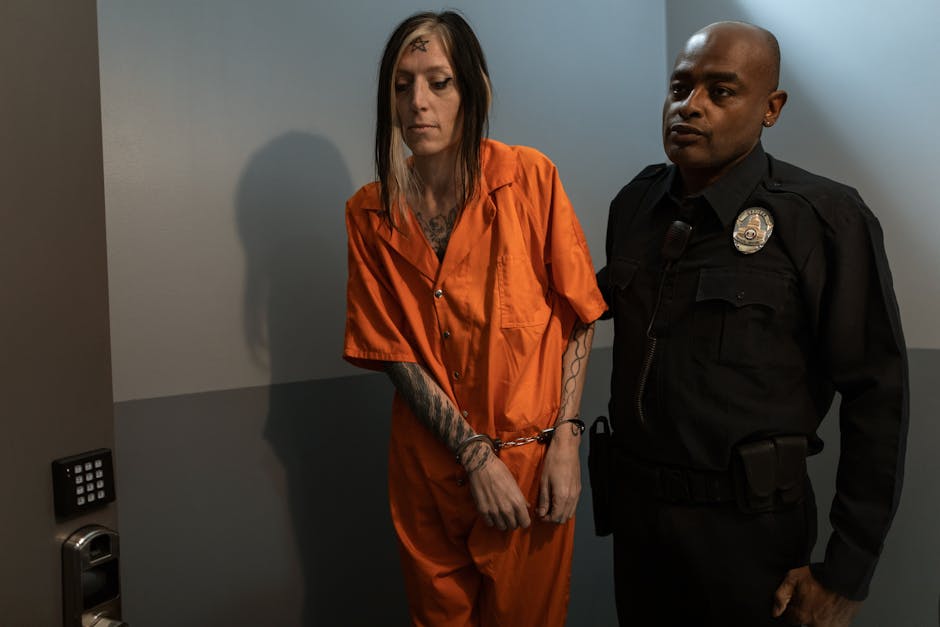The Orchestration of Justice: Deciding a Defendant’s Fate
The legal system, in its pursuit of justice, employs a carefully structured process to ascertain guilt or innocence. Central to this process is the concept of due process, guaranteeing fair treatment and procedural safeguards for both the prosecution and the defense. This multifaceted approach involves several crucial participants, each contributing to the final verdict.
Judges, arbiters of law, play a fundamental role in this intricate dance. They preside over the courtroom, ensuring adherence to legal procedures and rules of evidence. Judges are responsible for interpreting the law, instructing the jury (when applicable), and ultimately, rendering judgments based on the presented evidence and applicable legal principles. Their neutrality is paramount, and they are expected to apply the law impartially to both sides.
Jurors, in the context of a trial by jury, are the representatives of the community. They embody a crucial link between the legal system and the public. Jurors are chosen randomly from a pool of potential jurors, vetted through questioning, and tasked with evaluating the evidence presented. Their role hinges on critically assessing the credibility of witnesses, considering the arguments presented by both sides, and ultimately, reaching a verdict based on the facts presented. This collective judgment, under the guidance of the judge, shapes the decision of the court.
Prosecutors, often seen as the embodiment of the state’s interests, play a significant role in determining a defendant’s fate. Their responsibility involves building a compelling case against the accused, gathering evidence, and presenting their arguments to the court. Their advocacy, however, must be anchored in legal propriety, ensuring adherence to ethical conduct and rules of evidence. Their success in convincing the court hinges not only on the strength of their arguments but also on presenting a coherent and well-supported narrative.
Defense lawyers, the advocates for the accused, strive to protect the rights and interests of their clients. They meticulously scrutinize the prosecution’s case, scrutinizing evidence, challenging witnesses, and presenting their counter-arguments. Their skills in legal strategy, cross-examination, and argumentation are vital in ensuring a fair trial and protecting the defendant’s constitutional rights. Their primary goal is to present a perspective that counters the accusations made against their client and, if possible, demonstrates their client’s innocence.
The interplay between these key actors judge, jury, prosecutor, and defense counsel shapes the legal proceedings. A strong prosecution case, countered by a robust defense, often results in a more nuanced and well-reasoned legal outcome. The court’s decisions, whether involving a guilty verdict or acquittal, are not merely administrative pronouncements; they represent the culmination of a careful process, rooted in legal principles and guided by the pursuit of justice.
Beyond the courtroom, factors such as pre-trial negotiations and plea bargains can significantly influence the outcome. Discussions between the prosecution and the defense often lead to agreements that expedite the process and potentially mitigate the sentence. Such negotiations highlight the pragmatic aspects of the legal system, acknowledging that a trial’s conclusion is not always a binary outcome of conviction or acquittal.
Variations in the legal system, like variations in jurisdictions or types of legal cases, can impact the specifics of how the defendant’s fate is decided. In some legal contexts, judges might hold greater authority in determining sentencing or the application of the law. In other systems, juries might play a more significant role in the sentencing phase. The structure and nature of the judicial procedure must be correctly understood to analyze the factors influencing the ultimate judgment.
The inherent uncertainties in legal proceedings are a crucial component to consider. The strength of evidence, the quality of legal representation, and the impartiality of judges and jurors all factor into the possibility of error. Judicial oversight, appeals processes, and mechanisms for correcting errors are crucial aspects of ensuring that justice is served correctly and with appropriate consideration.
Understanding the intricate workings of the legal process the role of the judge, the jury, the prosecution, the defense, and the interplay between these elements offers a more comprehensive view of how a defendant’s fate is decided. The pursuit of justice is a continuous process, demanding a deep understanding of legal procedures and principles. It necessitates a framework that balances the interests of the state, the individual accused, and the pursuit of truth. This understanding is essential in a just and equitable society.
